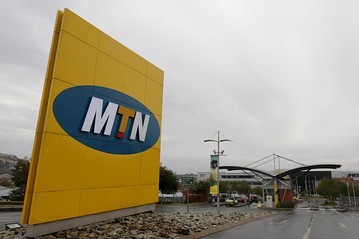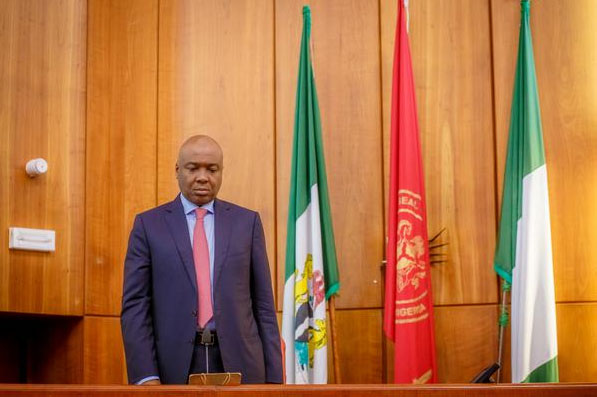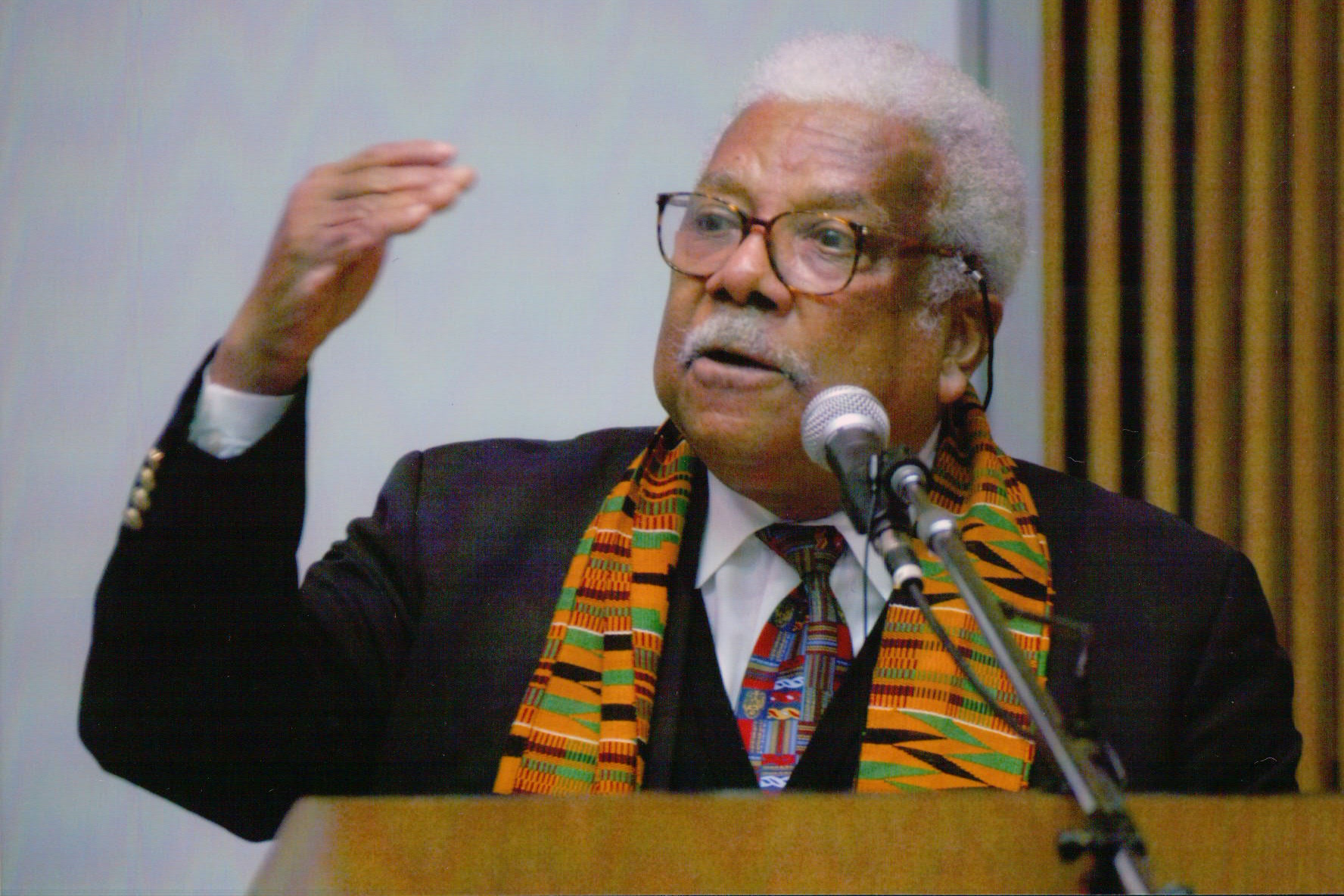It’s no surprise that quite a few Nigerians have shown indifference to the calamity that has just befallen some of the biggest corporations in Nigeria. For many of us, it was actually long coming. It was just a matter of time.
The loss posted by a Nigerian oil giant and the humongous amounts marked out as fines by industry regulators against some of Nigeria’s leading companies found culpable of violating industry rules and standards have sent shocks down the spines of many shareholders and the general public alike. And, expectedly, the development has sparked debate in the international business markets.
Here is the issue: Oando Plc, a big player in the Nigerian oil industry, recently declared that it lost a staggering amount of N184 billion in 2014. Such news, you would agree, is chilling and capable of drawing goose pimples on the skin of a lot of investors, observers and public policy analysts. And that’s exactly what it did. The announcement immediately triggered apprehension in the nation’s capital market, and amongst those who have interest in the oil company. Of course, this was really shocking as it was said to be the biggest loss ever suffered by a company listed on the Nigerian Stock Exchange.
But little did we know that graver news was ahead. This time, MTN Nigeria, the Nigerian subsidiary of the South African telecommunications company with the same trademark, was the subject. For failing to deactivate some 5.2 million subscribers with unregistered SIMs and incomplete registration data on its network, MTN Nigeria was fined a whopping sum of N1.04 trillion by the Nigerian Communications Commission (NCC). Putting the dollar equivalent of the fine at $5.2 billion, a prominent CNN presenter, Richard Quest has described it as strikingly huge.
Advertisement
Similarly, Stanbic IBTC bank is currently contending with the sanctions she got from the Financial Reporting Council of Nigeria (FRCN). The FRCN recently sanctioned Stanbic IBTC with a fine of N1 billion for misstating two sets of statements; its audited accounts for 2013 and 2014. It also suspended the Financial Reporting Numbers of the bank’s chairman, Mr. Atedo Peterside, and its chief executive, Mrs. Sola David-Borha including two directors of the bank, and also barred them from vouching for the integrity of any financial statement in Nigeria. Thus the bank is faced with two strenuous situations: the fine of N1billion and the integrity of its top executives. In reaction, the bank has gone to court to exonerate herself.
In every sense, these are troubled times for all the companies involved, and perhaps, to others whose defective books and operations are yet to be unraveled by the regulators.
These so-called corporate giants have for long lost the sympathy of the public because of the manner with which most of them have been conducting their affairs. It can actually be argued that the impunity and corruption that goes on within the Nigeria’s private sector is far worse than what normally makes the public demand for the heads of some politicians. In fact, many of the nation’s captains of industry and famous businessmen are enablers for most politicians in their games of sleaze.
Advertisement
In the wake of its recent announcement, some analysts have come to say that Oando cannot totally hide behind the dipping global oil prices as an alibi for her tragic loss. The company has always postured herself as an efficient public concern with strong infrastructure against risks and market volatility. So if at all it was going to slump financially, it shouldn’t be at such devastating magnitude. Undoubtedly, this places the company’s leadership in an awkward situation, where a lot of explanations have to be made to investors and others with special interest in the company.
As for Stanbic IBTC, while her case still sits before a court of law, the Central Bank of Nigeria (CBN), it seems, has offered relief by overruling the pronouncement of the FRCN. Although details of the CBN’s decision to overrule the FRCN is still scanty, FRCN’s audacity (however sudden it appears) is something to cheer about as it will keep industry players on their toes.
In the case of MTN Nigeria, if the information reliably gathered by yours truly is anything to go by, the company is actually the harbinger of its own misfortune. When you replace decent profit for profiteering you may end up in disrepute and incur the wrath of the law. And the law has just firmly struck the company with that jaw-dropping and unprecedented penalty for her non-compliance with simple regulation. Even though MTN is yet to disclose why it didn’t act according to the NCC’s directives (which I think is the question the public should be asking) on the deactivation of the SIMs of its over 5 million unregistered customers, there are strong indications that the service provider was actually serving the interest of its high net-worth subscribers who feel too big and highly placed to submit themselves to the very critical registration procedure which bothers on national security.
That said, Nigerians still await an official statement from the telecommunication company on why it failed to do the needful as and when due. In the meantime, the overall takeaway from the whole episode is that the regulators seem to have woken up from their slumber. And they have put a message out there to the businesses under their watch, and a powerful one indeed, that going forward, it’s business unusual!
Advertisement
Add a comment







